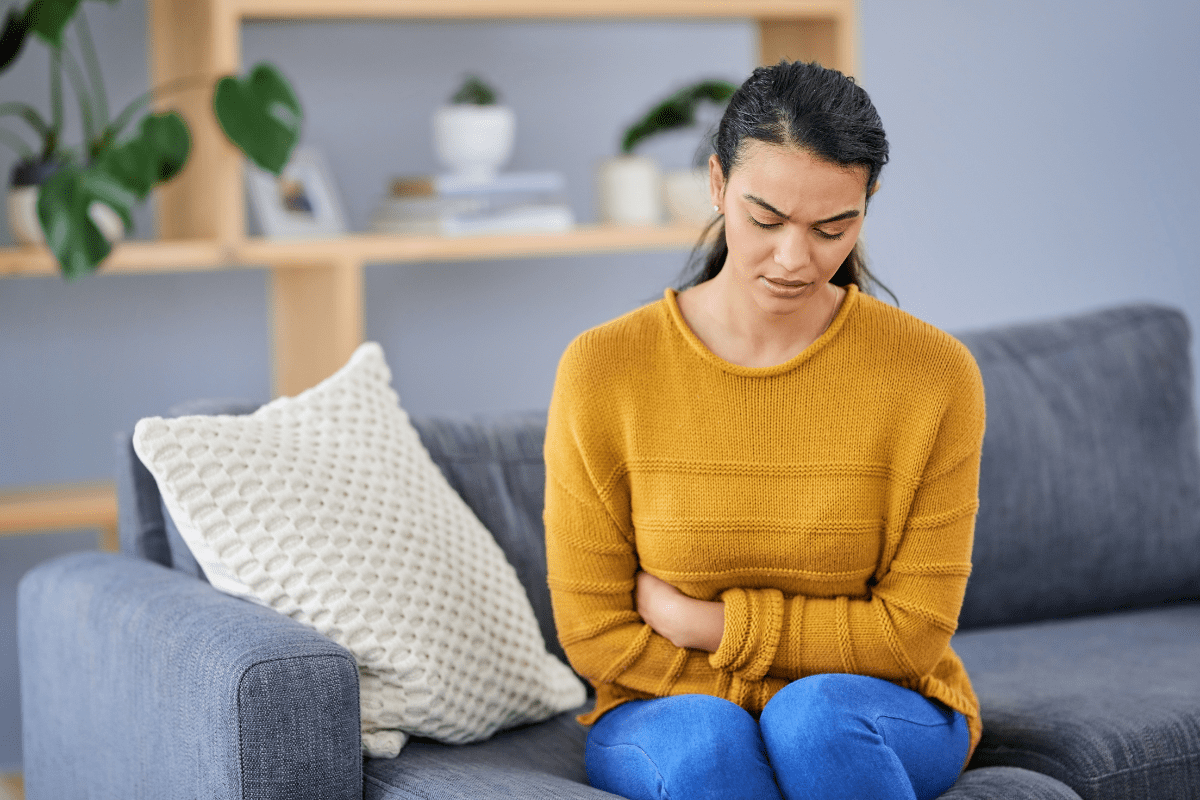
Bloating: Causes and Prevention Tips
What is a gut that feels full?
First and foremost, having a large stomach means feeling tight, full, or under pressure in your stomach. It can or cannot be joined by a clearly swollen belly. The feeling can range from a little bit of discomfort to a lot of pain. It usually goes away on its own, but for some people, it keeps coming back. Cycles of bloating can be caused by problems with digestion and changes in hormones. If your stomach doesn’t stop getting bigger, you should see a doctor to find out why.
Why is my belly so big?
Most of the time, gut pain and bloating are caused by too much gas in the intestines. If your stomach feels full after you eat, it could be an intestinal problem. It could be as simple as eating too much too quickly, or you could have a food intolerance or another disease that causes gas and digestive contents to build up. Your period is another common reason for short-term bloating. Sometimes a large stomach can be a sign of something more serious.
How often does your stomach get big?
10–25% of people who are otherwise healthy say that their stomachs sometimes hurt. 75% of those who have symptoms say they are moderate to severe. About 10% say it happens to them often. For people with irritable bowel syndrome (IBS), the number could be as high as 90%. Up to 75% of women get bloated before their period and during it. Only half of the people who have bloating also have a swollen stomach.
Causes of bloating
Constipation is a prevalent cause of abdominal distention. You can be constipated without realizing it, as having fewer bowel movements than usual is only one of its symptoms. Constipation is possible even if you have regular gastrointestinal movements. Other constipation symptoms include:
- Struggle to initiate or complete a bowel movement.
- Stool that appears like rocks and pebbles
- Not feeling distended after passing stool
- Constipation can cause abdominal discomfort and swelling. The longer stool remains in the colon, the longer microbes must ferment it, resulting in increased gas and bloating.
How is bloating treated?
The treatment for bloating depends on the cause of the bloating and varies from person to person. Typically, bloating resolves on its own.
Changing your diet can be helpful. Try to identify the foods that exacerbate your bloating and avoid them. You can require an elimination diet to determine which food or foods are causing your issues. Your physician or dietitian can assist with this.
It can be beneficial to reduce:
- Savoury cuisines
- Carbohydrates
- Effervescent drinks
- Onion or garlic, wheat, rye, and lactose-containing products
- Fruit
If you suffer from irritable bowel syndrome, a high-fibre diet, and a low-FODMAP diet can be beneficial. This can entail removing:
- Some dairy products
- Wheat and various other Cereals
- Some fruits and vegetables
- Before beginning any regimen, consult a health professional such as your doctor or a dietitian.
Physicians or physiotherapists at Healers’ can provide you with abdominal strengthening exercises.
At The Healers’ Clinic, we understand finding the cause is the key to preventing bloating in the long term. If mild constipation is the issue, a fibre-rich diet, adequate hydration, and regular exercise can be helpful, but these measures are not always effective for chronic constipation. Chronic constipation and other conditions, such as irritable bowel syndrome and gastroparesis, require medical treatment, so it’s necessary to discuss your bloating symptoms with an expert for digestive care in Dubai.





